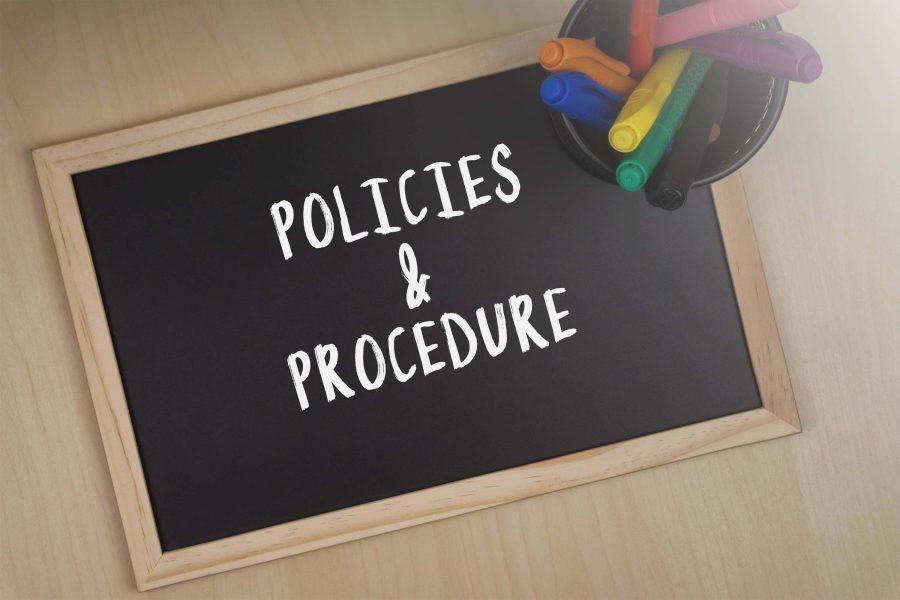Vol. 17-007, September 20, 2017
(OAH Case No. 2016050044 (2017).)
The Gist
The Details
Following a four-year effort to improve a Special Education teacher’s performance, the school district proceeded with the teacher’s dismissal for (1) unprofessional conduct, (2) unsatisfactory performance, (3) evident unfitness for service, (4) persistent violation of school rules, and (5) willful refusal to perform regular assignments. Throughout this four-year period, administrators met with the teacher and observed her instruction. The administrators provided the teacher with directives, guidance, and memorandums noting her areas of deficiency. The administrators also provided her with opportunities to improve, including placing her in the Peer Assistance and Review program for two years.
Despite the district’s efforts, the teacher failed to acknowledge her deficiencies, did not improve, and regularly provided administrators with lengthy responses defending her performance and conduct. The teacher also refused to participate in team meetings or to seek guidance from assigned mentors, and was often rude and disrespectful toward her colleagues. The teacher’s poor performance and conduct persisted following a lengthy progressive discipline process that included an 11-day suspension.
The CPC upheld the district’s dismissal on all five grounds, noting that the teacher’s unwillingness to cooperate with her colleagues and school administrators was unprofessional, and her disrespect and confrontational attitude demonstrated a temperamental defect, which rendered her evidently unfit for service. Further, the CPC held that the teacher persistently refused to follow administrative directives and improve her teaching methods despite receiving numerous opportunities to improve.
Practical Pointers
This case demonstrates that, with diligent attention to the documentation and progressive discipline process, school districts can prevail in defending dismissals for unsatisfactory performance and other causes. School districts are well advised to maintain records related to all important interactions, directives, and other communications throughout the discipline process. Further, this case demonstrates that a teacher’s refusal to acknowledge performance deficiencies can serve as very persuasive evidence in support of dismissal.
Please note, nothing contained in the CPC Blog is intended to be legal advice. Please feel free to contact any of our offices for additional information and/or consult legal counsel regarding any particular matters.
- A teacher’s repeated refusal to follow directives, improve teaching methods, participate in team meetings, and cooperate with colleagues warrants dismissal.
- Diligent record keeping of supports offered and the progressive discipline process is critical.
The Details
Following a four-year effort to improve a Special Education teacher’s performance, the school district proceeded with the teacher’s dismissal for (1) unprofessional conduct, (2) unsatisfactory performance, (3) evident unfitness for service, (4) persistent violation of school rules, and (5) willful refusal to perform regular assignments. Throughout this four-year period, administrators met with the teacher and observed her instruction. The administrators provided the teacher with directives, guidance, and memorandums noting her areas of deficiency. The administrators also provided her with opportunities to improve, including placing her in the Peer Assistance and Review program for two years.
Despite the district’s efforts, the teacher failed to acknowledge her deficiencies, did not improve, and regularly provided administrators with lengthy responses defending her performance and conduct. The teacher also refused to participate in team meetings or to seek guidance from assigned mentors, and was often rude and disrespectful toward her colleagues. The teacher’s poor performance and conduct persisted following a lengthy progressive discipline process that included an 11-day suspension.
The CPC upheld the district’s dismissal on all five grounds, noting that the teacher’s unwillingness to cooperate with her colleagues and school administrators was unprofessional, and her disrespect and confrontational attitude demonstrated a temperamental defect, which rendered her evidently unfit for service. Further, the CPC held that the teacher persistently refused to follow administrative directives and improve her teaching methods despite receiving numerous opportunities to improve.
Practical Pointers
This case demonstrates that, with diligent attention to the documentation and progressive discipline process, school districts can prevail in defending dismissals for unsatisfactory performance and other causes. School districts are well advised to maintain records related to all important interactions, directives, and other communications throughout the discipline process. Further, this case demonstrates that a teacher’s refusal to acknowledge performance deficiencies can serve as very persuasive evidence in support of dismissal.
Please note, nothing contained in the CPC Blog is intended to be legal advice. Please feel free to contact any of our offices for additional information and/or consult legal counsel regarding any particular matters.





